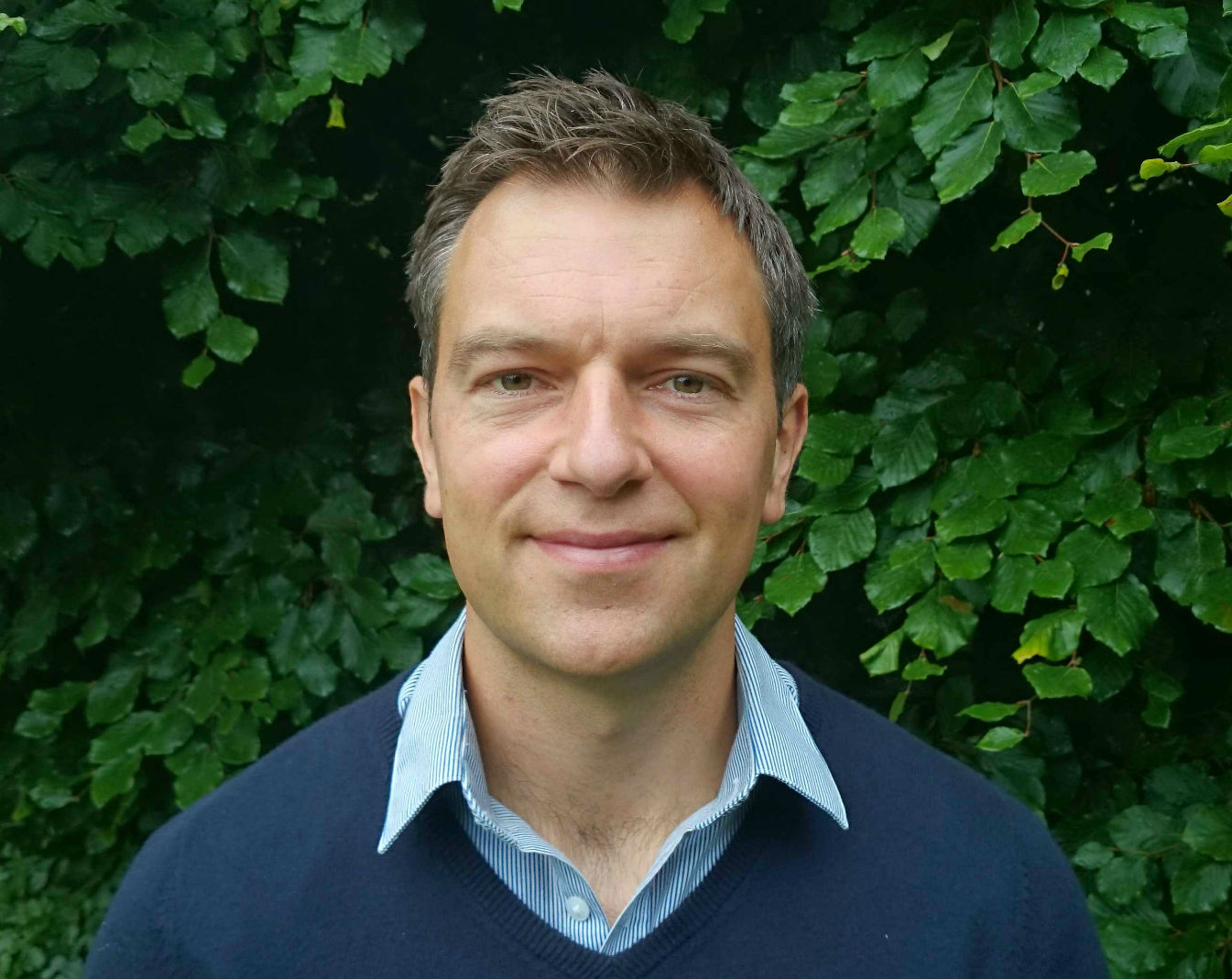What Is a Tiny Pause?
A Tiny Pause is a moment in the day when we give ourselves permission to take a mini action that improves how we feel and perform. When we give ourselves a moment of high quality attention.
It involves breathing, training our attention and appreciation.
It's based on techniques supported by behavioural science, neuroscience and enhanced with mindfulness (attention training). Helping move our internal dialogue towards a kinder, more focused and constructive place.
It begins with the permission to pause and leads to perspective and clarity.
In my experience a Tiny Pause can be highly effective. It takes around 5 minutes.
Why Behavioural Science, Neuroscience & Mindfulness?
Because data is important - evidence that techniques are effective (1000’s scientific studies).
Neuroscience has proven what actions help the brain to recharge, focus and balance difficult thoughts and emotions.
Behavioural science has shown us what helps trigger effective behaviour change, leading to more useful daily habits.
Mindfulness helps bring these actions into our daily lives in a way that gives us more control.
Because there are tons of proven techniques to help how we feel and perform. We just need a little help in converting them into useful daily habits that work for us.
Who are Tiny Pause?
1. A team dedicated to providing simple provision, underpinned by science, that help you and your organisation relieve stress, enhance focus, strengthen resilience and sleep better.
2. A team dedicated to engaging organisations, professionals, parents, children and students of the importance of protecting a moment each day to cope and recover.
How can 5 mins a day be effective?
Good question. How can 3 minutes of exercise per week be scientifically proven to help reduce blood pressure and increase cardiovascular fitness? See BBC Horizon here.
We are learning more and more that its smaller amounts of action on a regular basis that have the most significant impact on physical and mental health. Our view is that frequency is more important than duration. Once everyday has a much bigger impact than once a month. Humans, teams, families are all creatures of habit. How can we make these habits more effective? Thats one of our key aims.
Where can I read up on the science?
One simple article about what neuroscience has taught us about effectively reducing stress.
One simple article about how distraction impacts our productivity (written by a neuroscientist).
One simple article that introduces us to what mindfulness is and some of the scientific evidence.
What Might The Benefits Be For Me?
Giving yourself permission to find a moment for you each day
Manage difficult thoughts more effectively
Enhanced focus
Getting perspective and finding clarity sooner
Better sleep
More patient, less reactive behaviour
Easier to acknowledge what's going 'ok' instead of focusing on what you think isn't
Feeling like you have a choice, an action you can take any time to induce one or more of the above
Who is Sam?
Sam has taught Attention Training techniques (neuroscience & mindfulness combined) to some of the most exciting and established companies across Europe. He first arrived at mindfulness 15 years ago when overwhelmed with a young family and high pressure job. Sam was intrigued that something so simple could be so effective at helping relieve pressure and stress.
Working on projects that required teams to optimise performance Sam began to understand that mindfulness was only part of the solution. There are simple actions people can take to help them 'protect their attention'; improving peoples ability to concentrate and focus.
Working with some excellent people Tiny Pause has created a format that focuses on simple, daily mini habits that can be adopted by anyone who wants to relieve stress and improve performance. You can read a little more about Sam and the other projects he has worked on below. Or you can read about some of his mini adventures here.
What is MED?
MED stands for 'Minimum Effective Dose'. What's the smallest action we can take for the biggest beneficial outcome? Behavioural science shows us that people try and change too much, too soon. Which compounds their sense of frustration and lowers their confidence.
Sam follows a MED approach for all of his teaching; helping people focus on the smallest, scientifically proven actions, to help people bring the techniques into their day to day life. If it feels easy we will do it. When we do it, we experience the benefits. When we experience the benefits we get closer to doing the things we value the most; performing them in a confident way. Both professionally and personally.
What inspired the Super Sleep Method?
Sam was overwhelmed with how many people in his training groups spoke of being tired most of the time. Looking a little deeper at the data it was clear that our society suffers from a significant lack of sleep (stat from Mental Health Foundation is; 1 in 3, - 28 million people everyday in UK alone). Studies show improving our sleep is one of the simplest ways to improve how we perform, feel and look. The scientific benefits of quality sleep are unequivocal.
All the answers of how to improve our sleep already existed. The aim was therefore how to identify which MED actions give us the best chance of improving our sleep. The success of test groups led to the creation of the Super Sleep Method.
A little more about Sam in numbers
3000+ the number of people I engaged and supported to achieve industry relevant qualifications through their organisation as part of a government initiative in London
220 - the number of people I helped back into employment as part of a project in Cambridge that I co-created.
5 a day. A simple product that I created and sourced manufacturing for as part of the Governments Change For Life campaign and the charity MEND.
4 - the number of children I have. My life and work goals shifted enormously when I had children young and thought money was the answer. I become stressed and didn't nurture the relationships of those I love as best I could. I refocused, made some changes and now feel very grateful to have a family, instead of burdened by it.
1 - the number of ultra marathons I have run. One was enough. 35 miles off road around Devon coastal paths. I finished 33 out of 50. I lost 3 toe nails but gained the knowledge that everything is possible if we just keep going (even if it’s really slowly).
21,000+ - (as of JAN 2022) - the number of people I have introduced the concept of training and protecting our attention to. Helping people understand what mindfulness is - training our attention - and that even a ' 4 Breath Pause ' can change how we feel and perform for the better.


